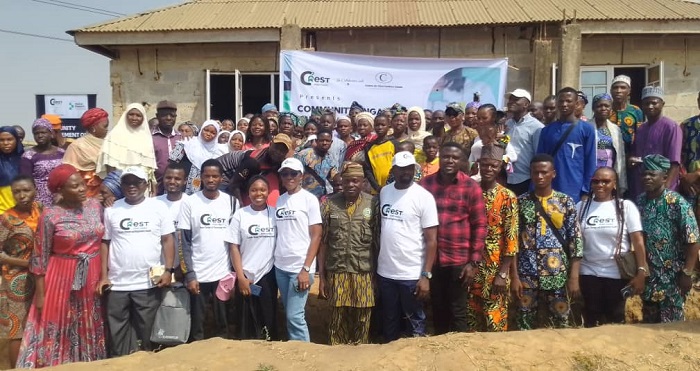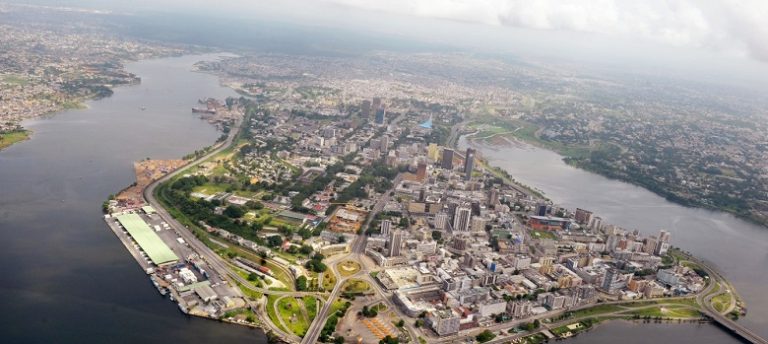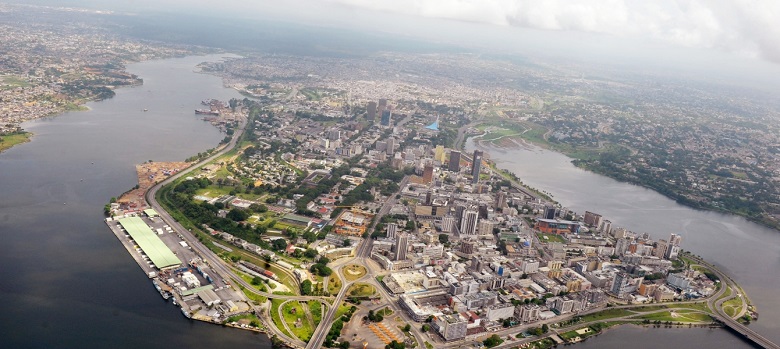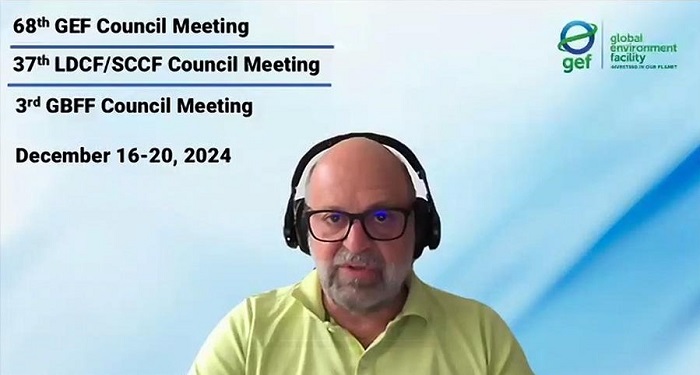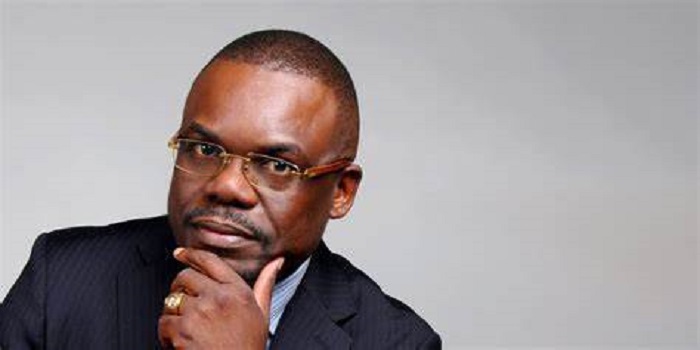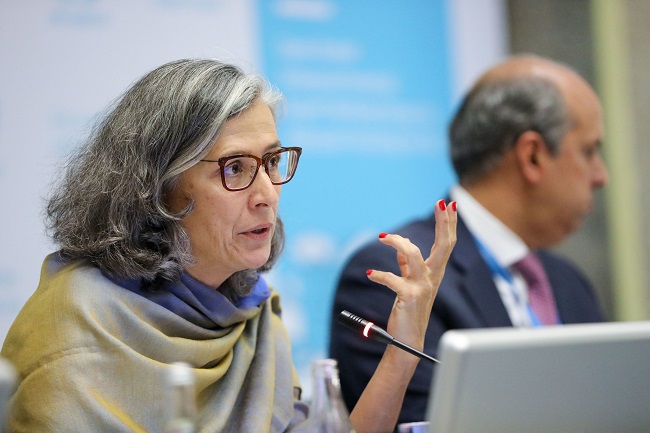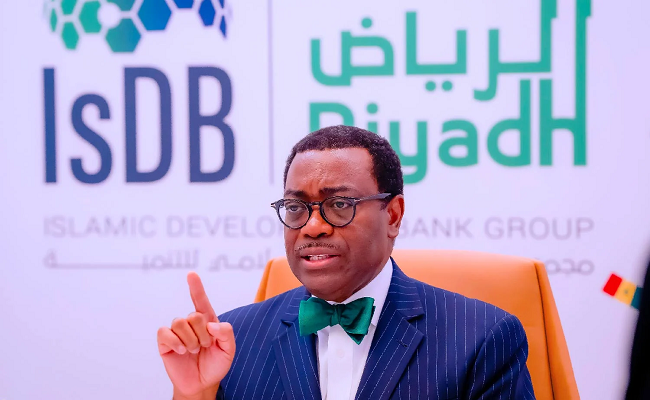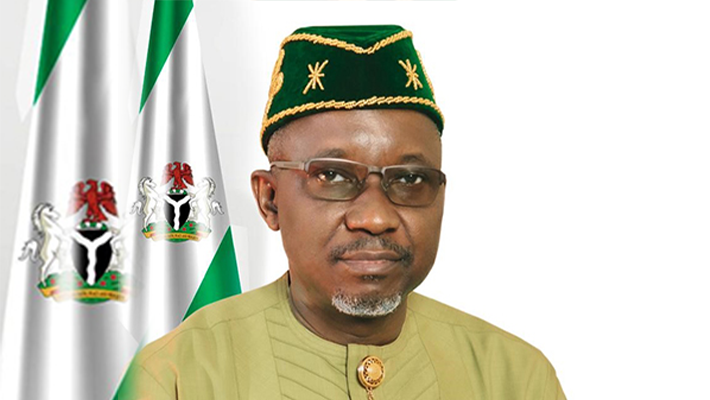The Hydrocarbon Pollution Remediation Project (HYPREP) says the active participation of Ogoni stakeholders is fundamental to the success of the remediation project.
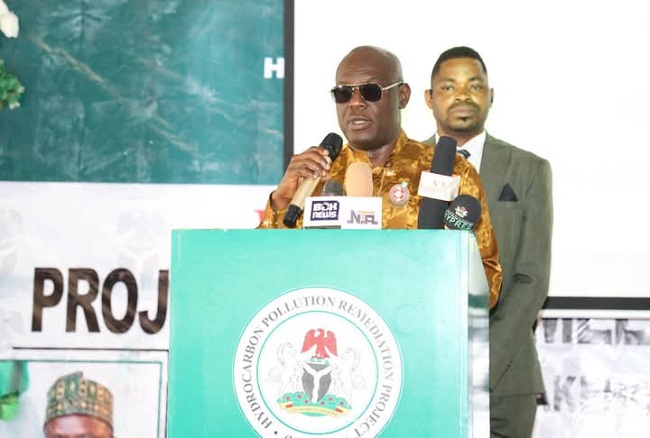
Prof. Nenibarini Zabbey, Project Coordinator, HYPREP, communicated this in a statement made available on Sunday, December 22, 2024, in Abuja.
Zabbey said HYPREP had organised an engagement forum with Ogoni key stakeholders in Port Harcourt and presented its scorecard.
He commended the stakeholders for their support for HYPREP while seeking continuous collaboration for the project’ completion.
”HYPREP cannot succeed in isolation; the active participation of Ogoni communities, traditional institutions and all other parties in a constructive manner is fundamental to the success of this transformative initiative.”
He said that the project had performed well in some areas with a 75 per cent completion of restoration of 560 hectares of oil-degraded mangroves.
“More than 1 million mangroves were planted; 20 per cent completion rate recorded for shoreline remediation while substantial advancement has been recorded in the land remediation.
“Similarly, there were interventions in soil and ground water and also the Centre of Excellence for Environmental Restoration (CEER) hit 70 per cent completion.
“The Ogoni Specialist Hospital, Buan Cottage Hospital and the Ogoni Power Project are all progressing steadily.’’
Zabbey said that following the remediation of land and shorelines, more areas were being freed up for farming, fishing and other productive uses.
He said that the project was in talks with the African Development Bank to establish an agro-processing hub in Ogoni.
Zabbey said that HYPREP recognised the importance of access to sustainable clean water in enhancing public health and well-being and reaffirmed the project’s commitment to sustaining these interventions.
According to him, alongside the other water schemes in the Phase 1 contracts, the project is embarking on another 14 schemes that will cover more than 68 Ogoni communities.
“Two water stations have been commissioned in Bomu and Kporghor in Gokana and Tai Local Government Areas respectively.’’
He said that the project had created a Technical Coordination Committee, Remediation Documentation Review Committee and Milestones Committee with members drawn from post-UNEP consultants, Shell Petroleum Development Company and Civil Society Organisations.
“We achieve value for money and sustain stakeholders’ confidence in our ability to deliver on our mandate, address bottlenecks and interventions as well as meeting high standards of impact and sustainability,” Zabbey said.
He said the project had created more than 7,000 both direct and indirect jobs and prioritised human capacity development as evident in the training of 5000 youths and women in 20 skill sets and other strategic workshops.
The project coordinator said that HYPREP’s achievements underscored Federal Government’s commitment to restoring Ogoniland in order to sustain development in the area.
By Abigael Joshua

